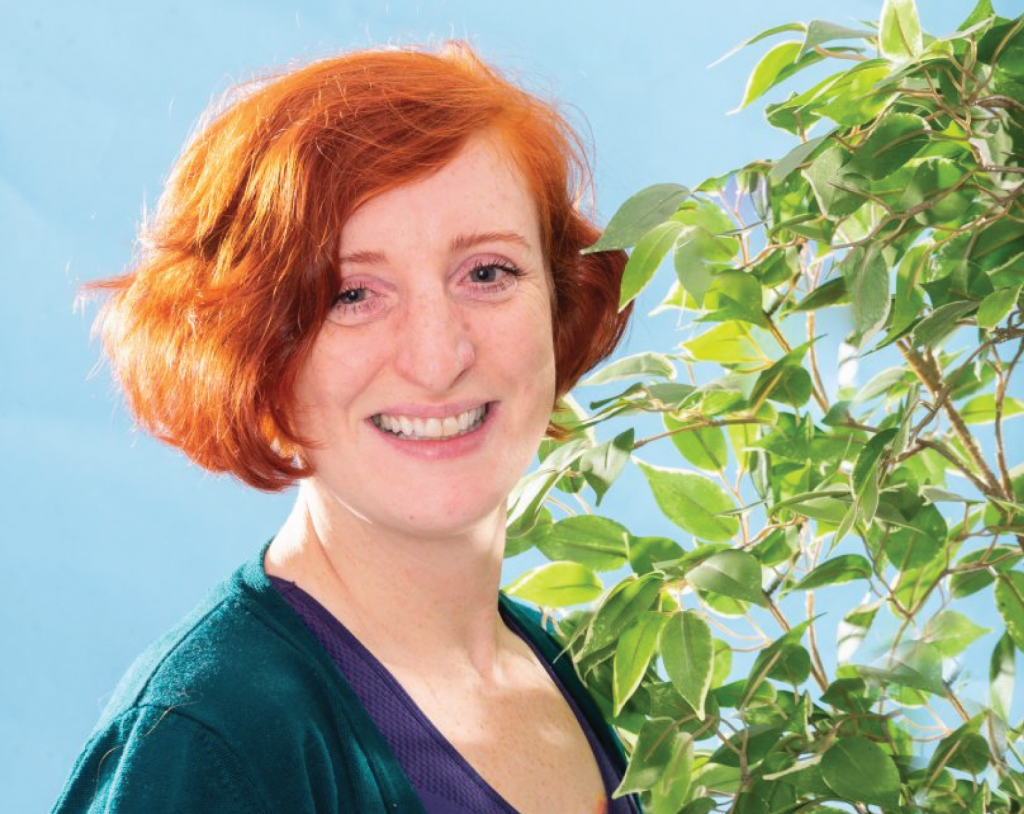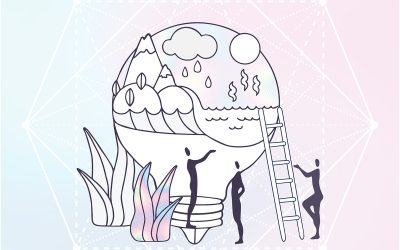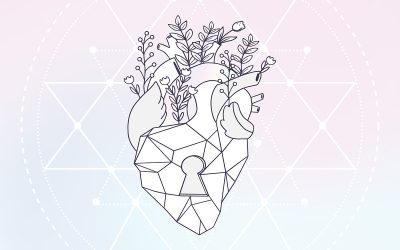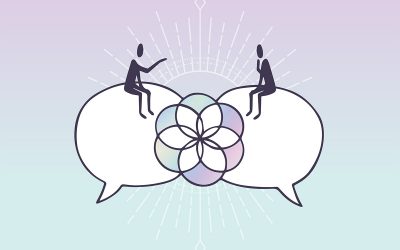How do we put Earth at the heart of business? How do we recognize that our connection to Earth is fundamentally the most important relationship we have, except for the relationship we have with ourselves and other people? These questions frame the work of Tabitha Jayne.
On occasion, Tabi has been accused of oversimplifying the human-Earth connection as an answer to everything. She readily admits it’s not that simple but cites our failing human-Earth relationship as a fundamental catalyst accelerating a number of human and environmental crises. Tabi is passionate about humans’ relationship with nature and speaks to the many evidence-based solutions that nature provides—from psychological wellbeing, to the production of specific chemicals in the body that reduce stress as well as fight carcinogens, to the abundant resources the Earth provides in our daily lives. She wants to help everyone remember just how important the Earth is.
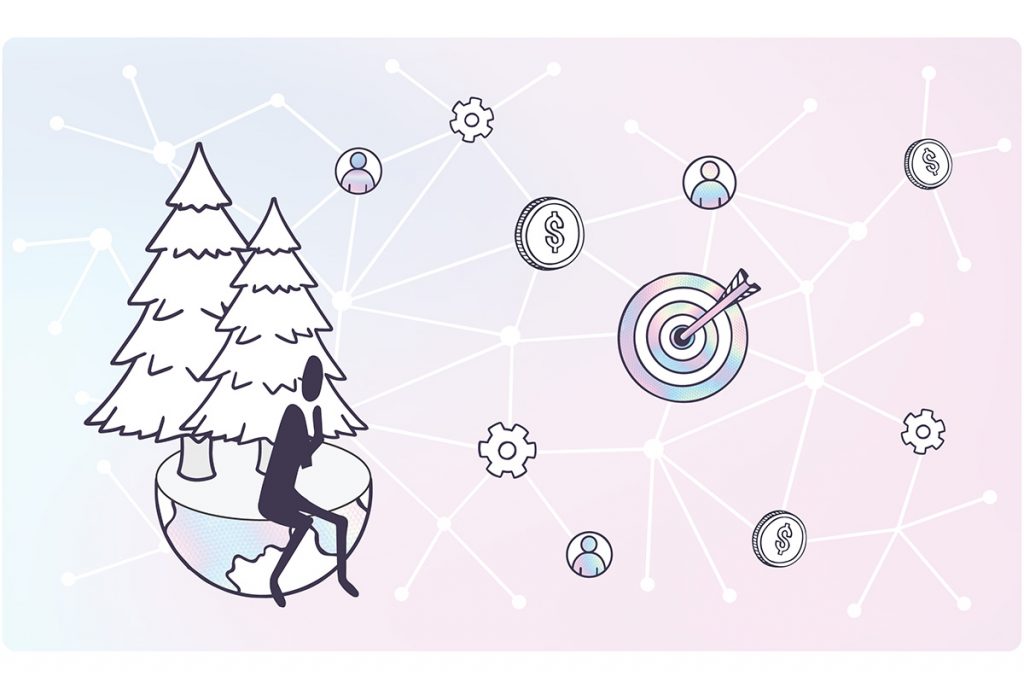
Tabi’s work is rooted in the belief that once we recognize and appreciate our connection with nature, we can then take better care of the Earth. She encourages developing the human-Earth relationship on an individual level, then applying that experience collectively in business and social spheres—tapping into “the Earth’s insight for creativity, for innovation.” Once we’re engaging in a relationship with the natural world, we can observe the systems and processes that nature uses to keep Earth in a state of harmony, and we can use these processes as models for solving complex human problems. This inquiry is the basis of biomimicry and informs another of Tabi’s questions: How do we build businesses like trees?
Work that’s inspired by family relationships
To fully appreciate Tabi’s passion for the human-Earth connection and how we can model businesses after nature—indeed, how we can build businesses like trees—it’s helpful to know about two special people in her life: her younger brother and her granny.
When Tabi was 22, her younger brother, Peter, died suddenly in a car crash at the age of 17. Unsure how to handle her grief, Tabi went to where she felt safe—the natural world. She spent a lot of time in nature “working on herself” and began sensing there was something incredible in there; she imagined bottling the experience somehow. Her personal healing experience with nature sparked questions: Why do people not see this relationship? Why do people not interact with nature in the same way?
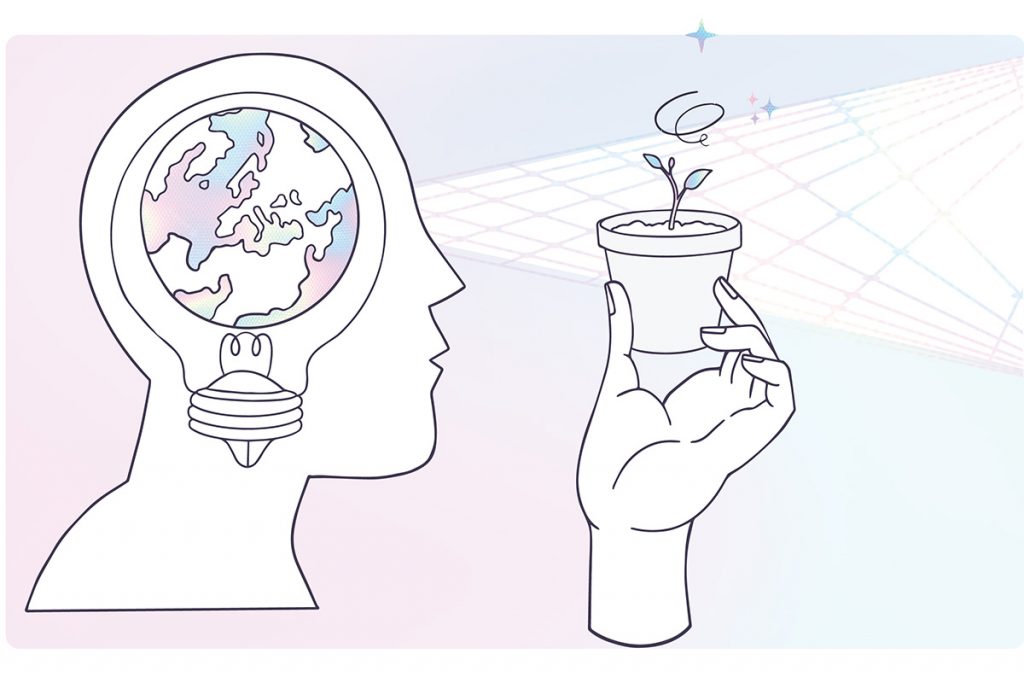
Later, when her beloved grandmother passed, Tabi realized that her passion for, and connection to, nature had originated with Granny, a woman who referred to herself as “peasant and proud.” Tabi says that Granny, at 96, was someone who embodied what it means to be connected to Earth and nature. Though Granny might not have known what the word sustainability meant, she lived more sustainably than anyone Tabi knew.
The transition from personal experience to online community programs
Tabi began weaving nature into her work, first as an English teacher in Spain, then—after completing her Masters in Applied Eco-Psychology and training to become a coach—in a program called The NatureProcess. The NatureProcess is a practice of deepening one’s connection with nature by being in the body and experiencing nature through the senses. It was the first program Tabi created (2014), partnering with Tree Sisters, a nonprofit organization. From the beginning, Tabi’s work reflected her desire to honor the Earth: one hundred percent of the proceeds from The NatureProcess went to Tree Sisters. This gesture—this way of doing business—expressed her gratitude for how much Earth had already given her. Of donating all proceeds, Tabi says, “This was an act of saying ‘I freely give this back in recognition of this reciprocal relationship.’” The NatureProcess was a catalyst for Tabi modeling and embodying the way she wanted to show up in the world, the way she hoped to model a deep relationship with Earth.
Earth-centered online programs that create tangible, real-world growth
In 2021, Tabi and her Earthself team hosted an applied research project, funded by Alef Trust, on Sutra. There were about fifteen coaches and facilitators taking part in that project and each participant was offered a nominal sum for participation; all of them declined the stipend, wishing to pay it forward. As a result, the Earthself team was able not only to support the human-Earth connection in a virtual setting but was also able to plant approximately 450 trees in Meghalaya, India. Of that applied research project Tabi says it “really shows the connection that… these people have been having this relationship [online] and there’s all sorts of other benefits coming out of it, but here’s this direct benefit of these trees planted because of this work.” Sights are currently set on a new round of applications for another year and a half-long applied research project that, with renewed funding, will run on Sutra.
In addition to these applied research projects, Tabi hosts several other programs on Sutra.
She is the co-founder and director of Net Zero Nation, a Scottish-based social enterprise created to support carbon removal in SMEs (small to mid-size businesses). Their 12-month group learning program, Net Zero Accelerator, is hosted on Sutra. Working in cohorts of 10, the participating SMEs work alongside each other to create innovative and cost-effective carbon removal solutions; a shared purpose is “to understand that what’s good for the planet is also good for your business.” With new SMEs participating each year, Tabi is able to replicate the program easily and craft a unique and intimate experience for every cohort.
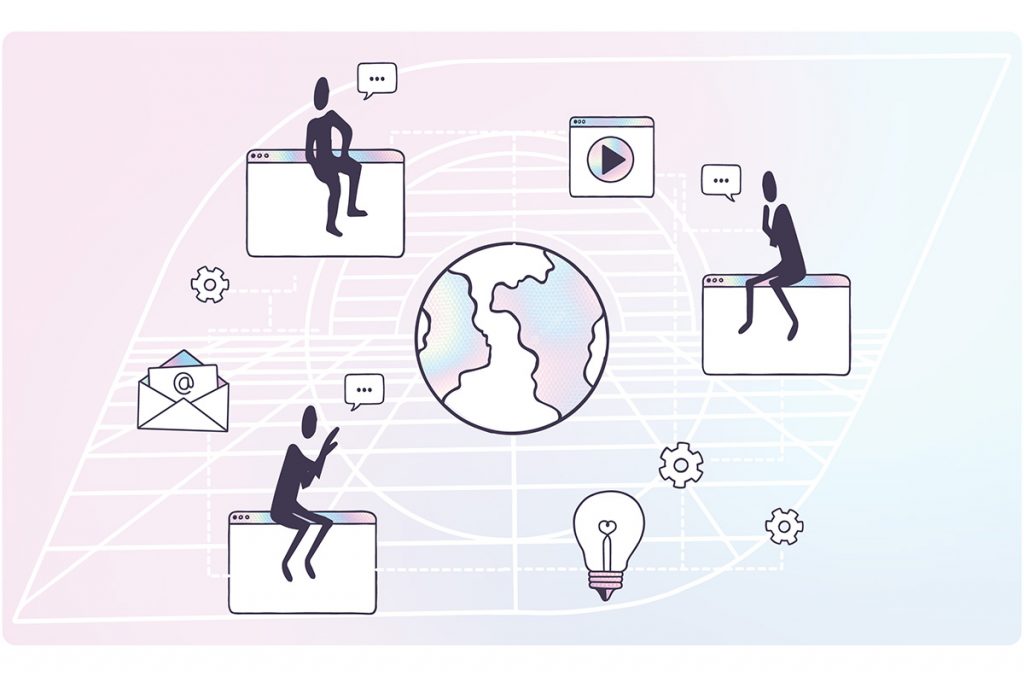
Tabi is also a director of Earthself, “a team and organisational development, coaching and coach training company who work with forward thinking businesses that know there is a better way of doing business: one that is inspired by Earth itself.” Earthself is currently transitioning its coach training programs to the Sutra platform.
The NatureProcess is currently offered as a free resource on Sutra. Offering it free of charge is one way Tabi pays forward the riches of her relationship with Earth.
Also hosted on Sutra is a living guide, Working with Nature and Earth in Virtual Spaces. It’s a virtual gathering space for coaches, trainers, and online facilitators to explore how to work with nature and Earth in online communities. The guide grows and develops as participants contribute their personal experiences and wisdom.
Values, vision, and designing online spaces
Tabi and her team are keen to work with organizations and businesses whose values reflect their own. “I firmly believe that with every action we take, we are voting for the world that we want to live in.” Wanting to connect with organizations committed to evolving and transforming humanity and the world, Tabi and her team landed on Sutra.
Besides feeling aligned with Sutra’s values, Tabi finds Sutra’s approach to online learning and community building appealing. She had researched several learning management systems prior to choosing Sutra but their structure felt linear and rigid. Tabi likes Sutra’s free flowing approach with the ability to create various group spaces that feel more natural and alive. Sutra’s technology allows Tabi and her teams to prototype and develop different products and services, experimenting as they go along; they’re able to create unique journeys for their participants, all in a “really simple, beautiful way.”
Tabi plans to continue adapting and evolving her programs on Sutra because the platform allows her to create dynamic projects. She finds designing on the Sutra platform to be almost meditative, as if the technology is co-creating with her. She concedes that statement might sound a bit far out, but deeply appreciates the “unique design of Sutra” which allows her to create interconnected spaces and automated journeys for participants to follow, weaving everything together.
She says: What I really hope to do with Sutra, and with all the programs that I’m weaving together, is to literally create a version of a forest online so people can come in and start at different places. They’ll be able to navigate through all the products and services—go on a journey—and recognize that maybe there’s this part of the forest that they haven’t seen that would be really interesting. And there are programs and services there, and then there’s something else over there, and, you know, just allow people to kind of meander through a forest in their own way. And that, I’ve never seen that in any other technology.
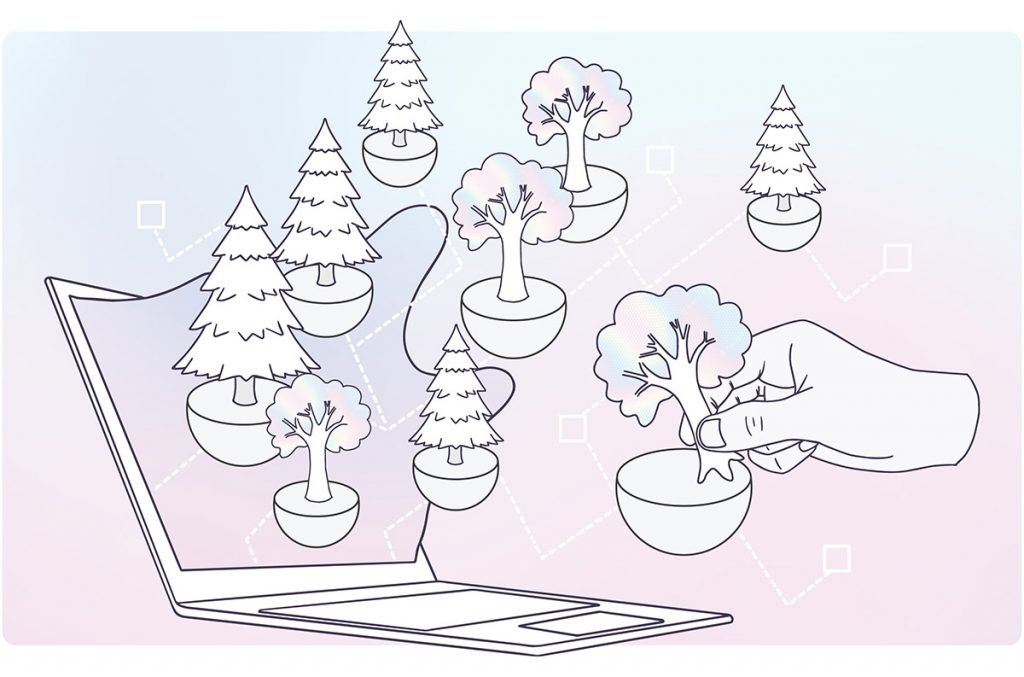
Tabi creates containers for participants’ experiences on Sutra. In the applied research project previously mentioned, she created specific discussion spaces where participants dialogued for the week following a Zoom session. People had a designated place to gather and share what came up for them during a session, and then could come back a day or two later, noting any changes or shifts in their experience. It gave participants the opportunity to share how new information was impacting their lives, to share what was emerging, to go deeper—in community. That sharing, says Tabi—including the physical act of typing—helped participants to embody the material.
Tabi says there’s a unique capacity to create connection on Sutra that is integral to its success. While she believes there will be some degree of interaction in any online discussion space, Sutra has designed “a physical relational space that compliments the virtual relationship space.” The two, she says, work beautifully together.
What’s next?
True to Tabi’s holistic approach in her programs and in life, when asked if there is a particular teacher or mentor who has inspired her work (someone in addition to her brother and Granny), she humbly responds with this:
I think every single person that I come in contact with has some form of knowledge and wisdom that has helped improve it [my work], whether it be Granny, whether it be my niece, whether it be somebody that I’ve met in the Sutra Co-Creator Collective community space, whether it be Lorenz or Natasha themselves, the coaches that I train, the people that I work with… everybody contains truth, knowledge, and wisdom. And if you listen for it, and you hear it, then that informs and changes your life. The success of where I’ve gotten today has really come from listening to people talk about their needs, their wants, their hopes and finding a way to translate that into something that makes sense for them to engage with.
In addition to continuing the programs mentioned above, Tabi would like to develop a program that’s financially accessible to smaller organizations wishing to create carbon removal systems. She also plans to redesign and develop evolving Earthself projects.
Tabi intends to allow herself space, time, and creative freedom as she develops new work and weaves resources together. Ever curious and consistently circling back to nature, she says the question she’s holding is: How do I create that forest that allows people to start walking through and really see the depth of what Earthself offers?
Tabitha Jayne believes we can build businesses that both support and reflect Earth’s natural processes. We simply need to look to the trees for wisdom.
